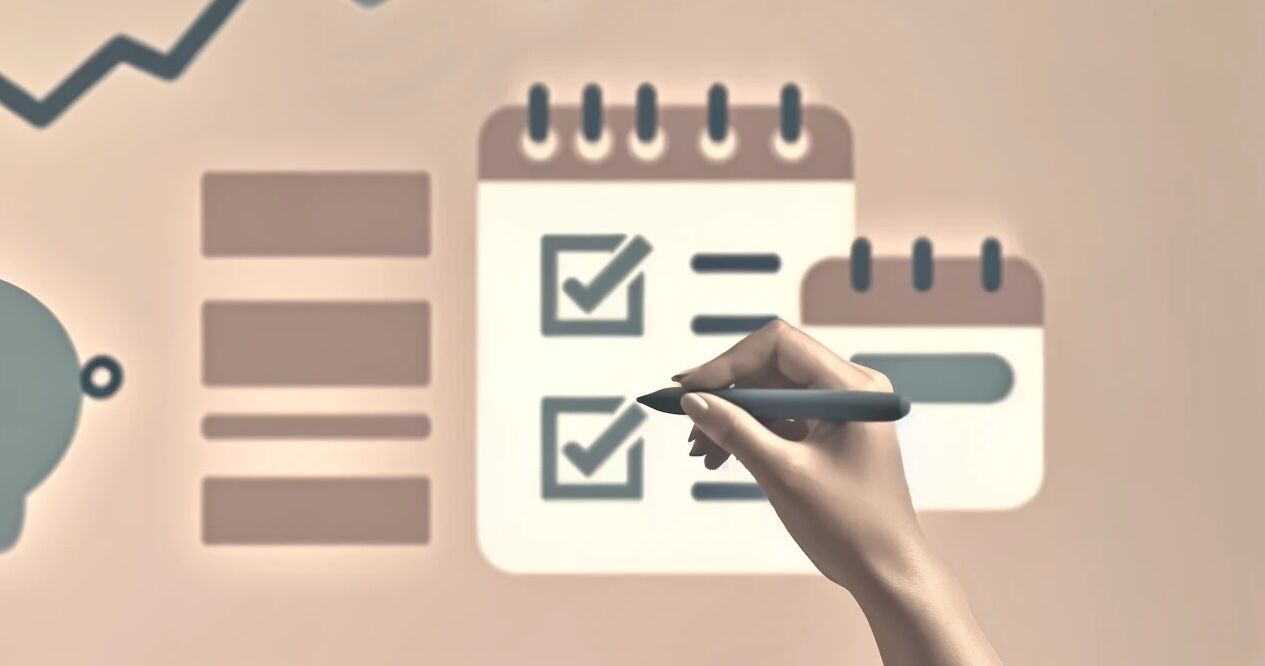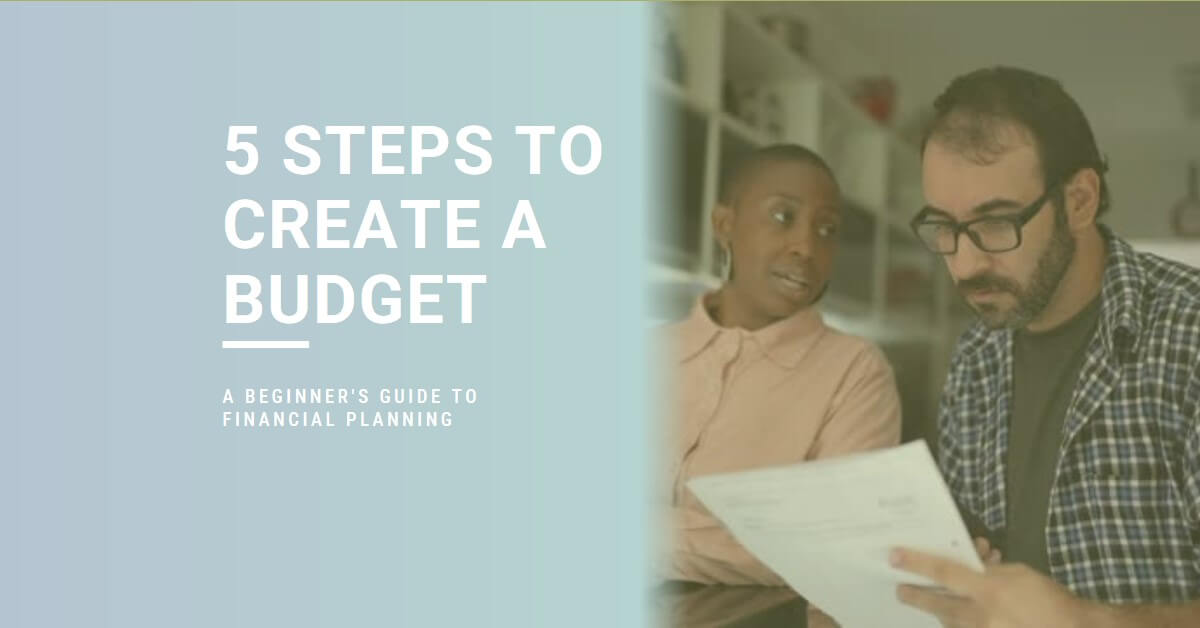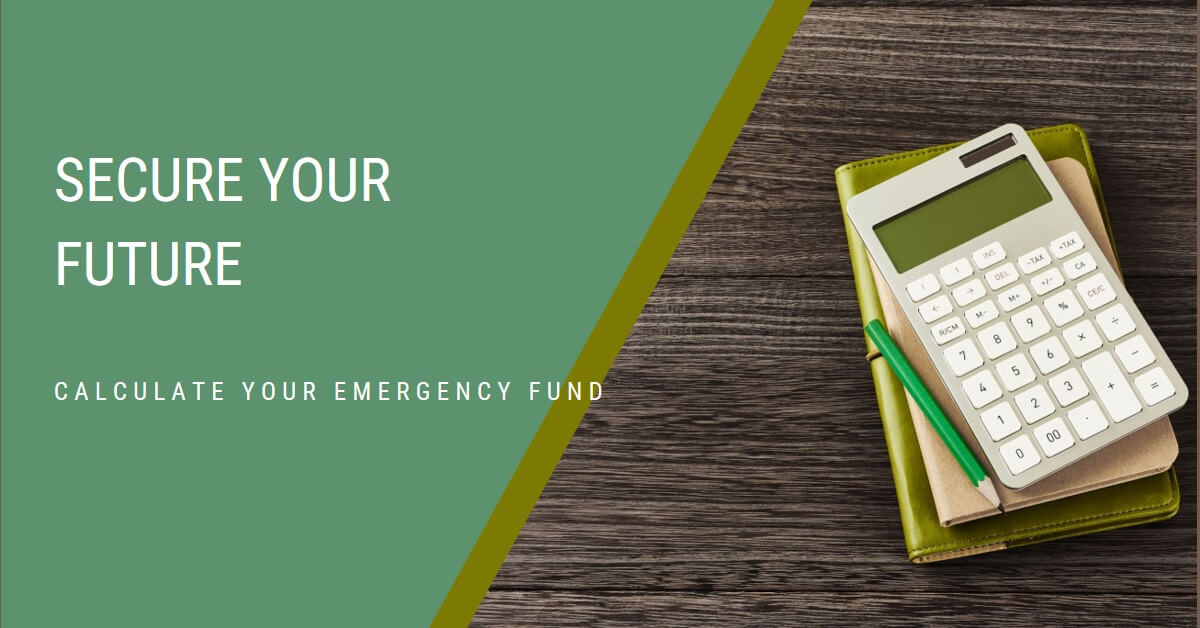
Budgeting is not merely an activity; it's a strategy for financial empowerment. A well-crafted budget can be your roadmap to financial freedom, allowing you to live comfortably within your means while saving for the future. Here, we'll explore key components of successful budgeting.
Understanding Your Income
Importance of Knowing Your Total Income
The first step to successful budgeting is understanding your total income. This encompasses all your revenue streams, including salaries, bonuses, and any other earnings. Knowing your total income is crucial for setting realistic budgeting goals.
Regular vs. Irregular Income
Distinguish between regular income, which is consistent (like a monthly salary), and irregular income, which can vary (like freelance payments). This distinction is important for planning your budget accordingly.
Identifying and Categorizing Expenses
Fixed Expenses
These are expenses that remain constant each month, such as rent or mortgage, utility bills, and insurance premiums. Knowing your fixed expenses is critical for understanding how much of your income is already spoken for each month.
Variable Expenses
Variable expenses can fluctuate, such as food, entertainment, and gas. Tracking these can help you identify areas where you might reduce spending if needed.
Discretionary Expenses
These are non-essential expenses, like dining out or vacations. It's important to monitor these closely as they can quickly derail a budget.
Setting Financial Goals
Short-term Goals
These might include saving for a vacation, emergency fund, or paying off a small debt. Short-term goals are usually achievable within a year.
Long-term Goals
These are goals that take longer to achieve, such as saving for retirement, buying a house, or paying off a significant debt. Long-term goals require patience and discipline.
Creating an Emergency Fund
An emergency fund is crucial for financial stability. It can cover unexpected expenses like medical bills or car repairs without derailing your budget.
Using Budgeting Tools and Apps
Many tools and apps are available to help manage your budget. These can automate some processes and help you keep track of your finances more easily.
Monitoring and Adjusting Your Budget
Regular Review Sessions
It's important to review your budget regularly to ensure it aligns with your financial goals and to make adjustments as necessary.
Adjusting for Life Changes
Significant life events, like a new job, a move, or a family addition, necessitate budget adjustments to reflect your new financial reality.
Paying Off Debt
A strategic approach to paying off debt, such as the snowball or avalanche method, can be an essential part of your budgeting plan.
Saving for the Future
Setting aside money for retirement, children's education, or other future goals is a critical component of successful budgeting.
Investing in Yourself
This could include furthering your education or learning new skills that can increase your earning potential.
Avoiding Common Budgeting Pitfalls
Understanding common budgeting pitfalls, such as underestimating expenses or failing to adjust your budget, can help you navigate financial planning more effectively.
The Role of Discipline in Budgeting
Discipline is key to sticking to your budget and achieving your financial goals. It involves making sometimes tough decisions to stay on track.
Learning from Budgeting Mistakes
Everyone makes mistakes, but the key is to learn from them and adjust your budgeting strategy accordingly.
Celebrating Financial Milestones
Acknowledging and celebrating when you reach financial milestones can provide motivation to continue adhering to your budget and setting new goals.
Conclusion
Successful budgeting is not about restriction, but about making informed decisions that align with your financial goals and lifestyle preferences. By understanding your income, categorizing expenses, setting achievable goals, and using the right tools, you can create a budget that works for you. Remember, flexibility and discipline are key to adapting to life’s changes and achieving long-term financial health.
FAQs
How much should I save in my emergency fund?
It's generally recommended to save three to six months' worth of living expenses in your emergency fund.
Can budgeting apps really help me manage my finances?
Yes, budgeting apps can provide valuable insights into your spending patterns and help you stay on track with your financial goals.
What if I have irregular income?
For irregular income, it's important to calculate an average monthly income based on past earnings and adjust your budget accordingly.
How often should I review my budget?
Reviewing your budget monthly is a good practice, but you may need to adjust more frequently based on significant life events or changes in income or expenses.
Is it okay to adjust my budget?
Absolutely. A budget should be flexible and adapt to changes in your financial situation or goals.


